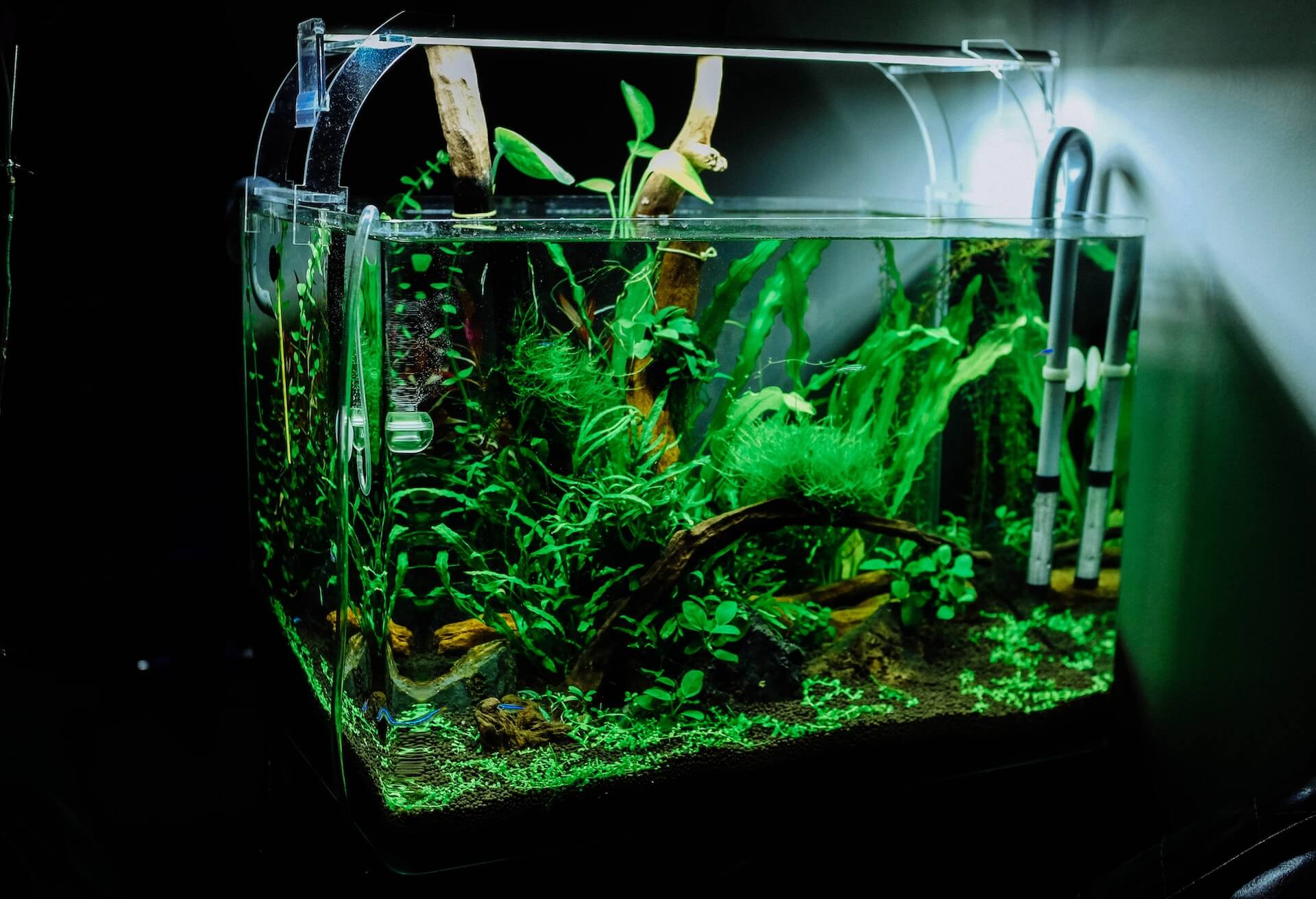Proper nutrition is vital for the health and well-being of your fish. Just like any other pets, fish require a balanced diet to thrive. Whether you’re a new fish owner or looking to improve your fish-feeding practices, this guide will provide you with essential tips for ensuring your aquatic friends receive the nutrition they need.
Understanding Fish Dietary Needs
Fish species vary in their dietary requirements, so it’s crucial to know the specific dietary needs of your fish. Broadly, fish can be categorized into the following groups based on their feeding habits:
- Herbivores: These fish primarily eat plants, algae, and other vegetation.
- Carnivores: Carnivorous fish thrive on a diet of meat, such as insects, smaller fish, and invertebrates.
- Omnivores: Omnivorous fish have a varied diet that includes both plant matter and animal protein.
Research and identify your fish species to determine its dietary preferences. It’s essential to provide a diet that mimics their natural eating habits as closely as possible.
1. Choose High-Quality Commercial Fish Food
The foundation of your fish’s diet should be high-quality commercial fish food. These foods are formulated to meet the specific dietary needs of different fish species. You can find various types of fish food, including flakes, pellets, and freeze-dried options. Consider the following factors when choosing fish food:
- Species-Specific: Look for fish food formulated for your fish’s species, such as goldfish food, betta pellets, or tropical fish flakes.
- Nutritional Content: Check the label for essential nutrients like protein, fats, vitamins, and minerals. The content should match your fish’s requirements.
- Freshness: Opt for recently manufactured fish food to ensure its nutritional value.
2. Feed a Variety of Foods
While commercial fish food forms the basis of their diet, it’s essential to diversify their menu. Offering a variety of foods ensures your fish receive a broader range of nutrients. Supplement their diet with the following:
- Live or Frozen Food: Depending on your fish’s preferences, consider offering live or frozen food like brine shrimp, daphnia, or bloodworms. These foods are rich in protein and can be especially beneficial for carnivorous species.
- Fresh Vegetables: For herbivorous and omnivorous fish, provide blanched vegetables like spinach, zucchini, or peas. These offer essential fiber and nutrients.
- Specially Formulated Treats: Some fish enjoy treats like algae wafers or sinking pellets. These can provide variety and essential nutrients.
3. Feed in Small, Frequent Portions
Avoid overfeeding your fish, as it can lead to health issues and water quality problems in the aquarium. Fish have small stomachs, and it’s better to feed them small portions multiple times a day rather than one large meal. This approach mimics their natural feeding behavior.
Observing your fish during feeding can help you gauge how much they need. If they consume all the food within a few minutes and show no signs of hunger, you’re likely providing an appropriate amount.
4. Be Mindful of Water Temperature
The temperature of the water affects your fish’s metabolism and digestion. In colder water, fish have slower metabolic rates and may require less food. Conversely, in warmer water, their metabolism increases, and they may need more frequent feeding.
Monitor the water temperature in your aquarium and adjust the feeding schedule and quantity accordingly. Keep in mind that some fish species are more sensitive to temperature fluctuations than others.
5. Avoid Overcrowding
Overcrowding your aquarium can lead to competition for food, stress, and unequal access to nutrients. Ensure that your aquarium is appropriately sized for the number and size of fish you have. A well-balanced environment promotes healthier and happier fish.
6. Consider Fasting Periods
Periodic fasting can be beneficial for fish. It allows their digestive systems to rest and helps prevent overfeeding. Consider fasting your fish for one day a week. During this time, refrain from feeding, but continue to monitor their behavior and condition.
7. Maintain Water Quality
The quality of the water in your aquarium directly impacts your fish’s health and digestion. Ensure your aquarium water is clean and well-filtered. Regular water changes, filter maintenance, and monitoring water parameters (such as pH, ammonia, nitrite, and nitrate levels) are essential for a healthy aquatic environment.
Poor water quality can lead to stress, reduced appetite, and susceptibility to diseases. To maintain optimal water conditions, follow a consistent maintenance schedule.
Feeding your fish a balanced diet is a crucial aspect of responsible fish ownership. By understanding your fish’s dietary needs, choosing high-quality commercial fish food, diversifying their menu with a variety of foods, and maintaining proper feeding practices, you can ensure that your aquatic friends lead healthy and fulfilling lives.
Remember that every fish is unique, and their dietary preferences may vary. Pay close attention to their behavior, appearance, and appetite to tailor their diet to their individual needs. With proper nutrition and care, your fish will thrive in their aquatic habitat, bringing beauty and enjoyment to your home.



